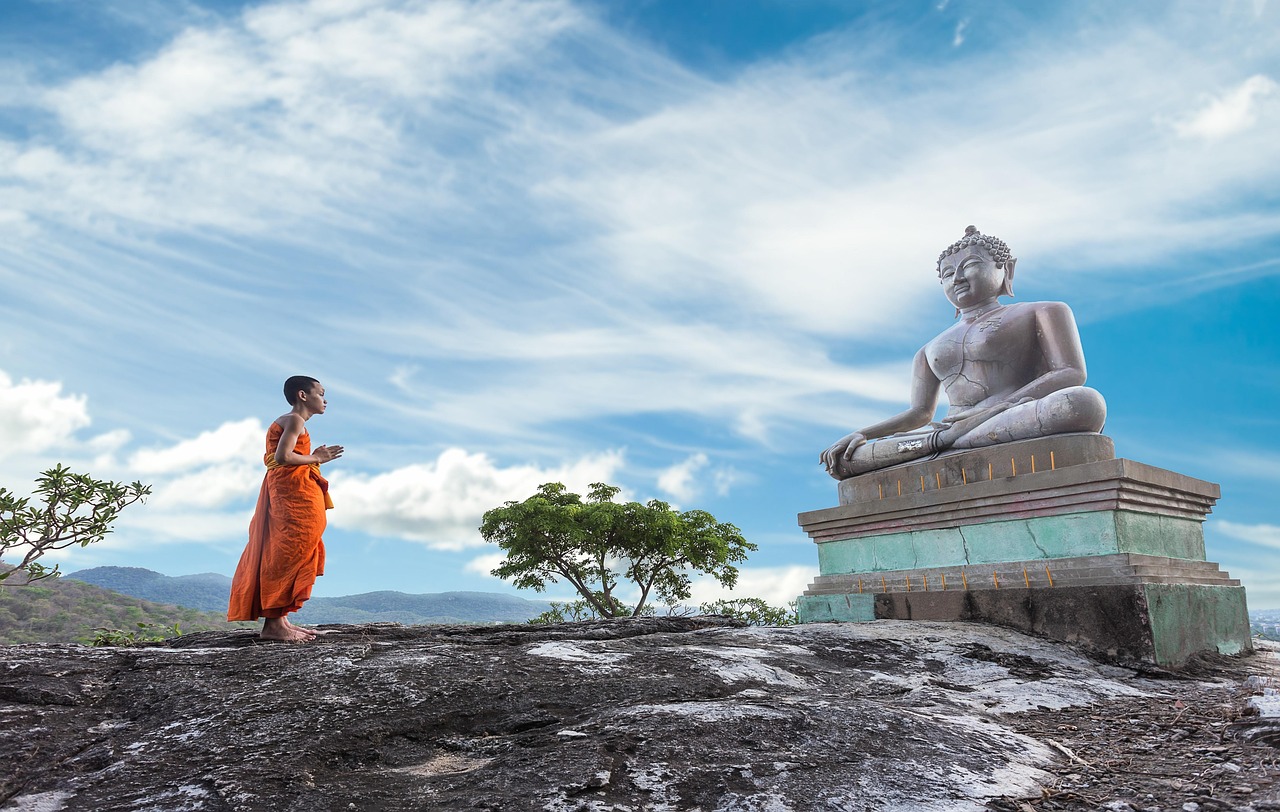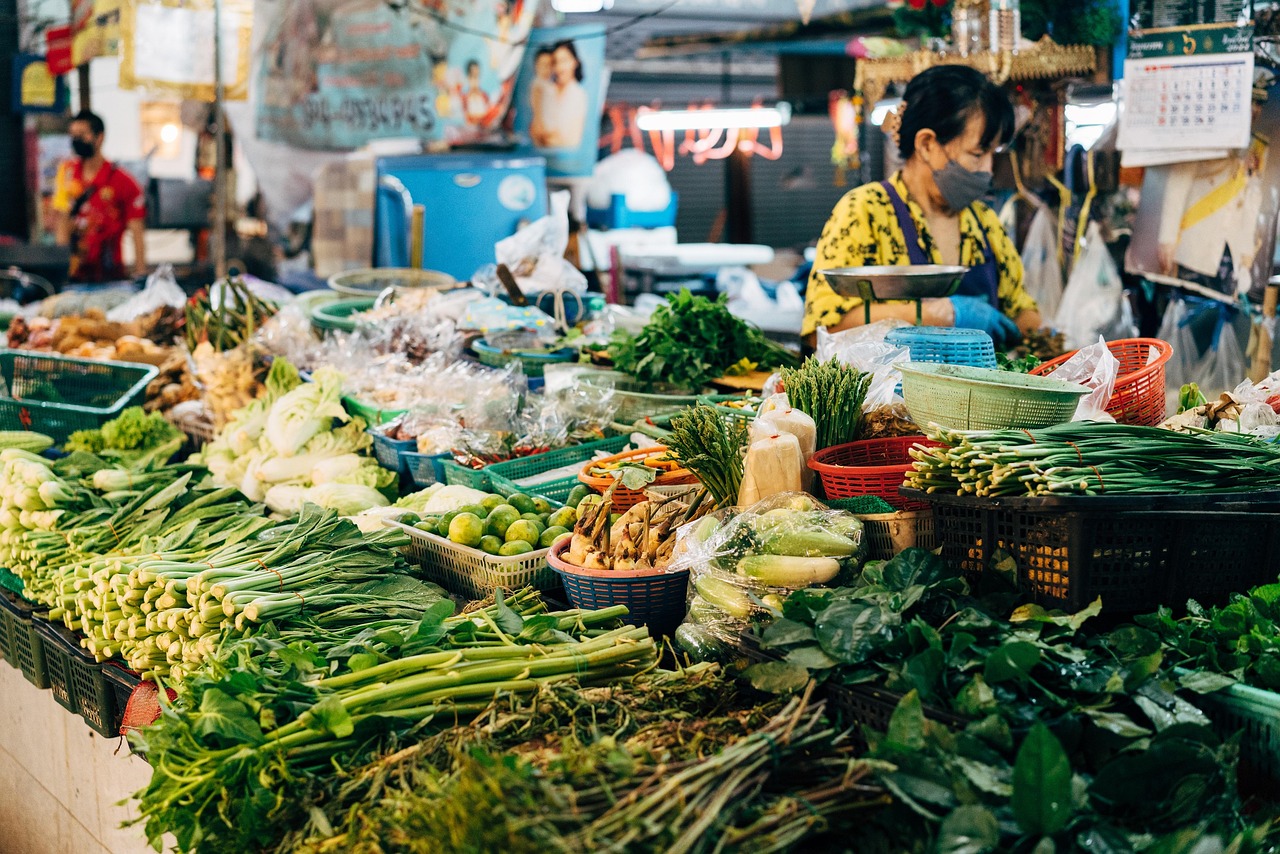Eco Travel in Thailand: Where Nature Meets Culture
Sustainable travel insights and guidance
Thailand offers an incredible blend of pristine natural beauty and rich cultural heritage, making it an ideal destination for eco-conscious travelers. From ancient temples to tropical rainforests, from elephant sanctuaries to marine conservation projects, Thailand provides endless opportunities for sustainable travel experiences.
🇹🇭 Thailand's Commitment to Sustainability
Thailand has made significant strides in sustainable tourism development, with numerous national parks, wildlife sanctuaries, and community-based tourism initiatives. The country balances tourism growth with environmental protection and cultural preservation, offering authentic experiences that benefit local communities.
🏛️ Cultural Heritage & Conservation
Thailand's rich cultural heritage is deeply connected to its natural environment. From Buddhist temples that promote environmental stewardship to traditional farming practices that support biodiversity, Thai culture offers valuable lessons in sustainable living and environmental harmony.
 Bangkok Thailand
Bangkok ThailandNorthern Thailand: Mountains and Hill Tribes
Chiang Mai, Chiang Rai, Pai
Northern Thailand offers stunning mountain landscapes, ancient temples, and opportunities to learn from hill tribe communities. This region is perfect for eco-travelers interested in cultural immersion and sustainable tourism.
🌿 Eco-Travel Highlights:
- Hill tribe community visits and homestays
- Elephant sanctuaries and wildlife conservation
- Organic farming and sustainable agriculture
- Traditional crafts and cultural preservation
- Mountain trekking and nature walks
- Buddhist temple visits and meditation retreats
📅 Best Time to Visit:
November to February for cool, dry weather and optimal trekking conditions. March to May for fewer crowds and lower prices, though temperatures can be hot.
Must-Experience: Visit ethical elephant sanctuaries like Elephant Nature Park, stay with hill tribe communities, explore Doi Inthanon National Park, and participate in organic farming workshops. Support local artisans and learn about traditional crafts.
Central Thailand: Temples and Traditional Culture
Bangkok, Ayutthaya, Kanchanaburi
Central Thailand is home to the capital city of Bangkok and numerous historical sites. This region offers opportunities to explore traditional Thai culture while supporting sustainable tourism initiatives and community development projects.
🌿 Eco-Travel Highlights:
- Historical temple visits and cultural tours
- Community-based tourism initiatives
- Traditional crafts and cultural preservation
- Organic markets and sustainable dining
- River conservation and waterway tours
- Urban sustainability and green initiatives
📅 Best Time to Visit:
November to February for cool, dry weather and optimal sightseeing conditions. March to May for fewer crowds, though temperatures can be hot and humid.
Must-Experience: Explore the Grand Palace and Wat Pho in Bangkok, visit the ancient ruins of Ayutthaya, take a river cruise on the Chao Phraya, and participate in community-based tourism initiatives. Support local artisans and learn about traditional Thai crafts.
Northeastern Thailand: Isaan Culture and Nature
Khon Kaen, Udon Thani, Nong Khai
Northeastern Thailand, known as Isaan, offers authentic cultural experiences and opportunities to learn about traditional Thai life. This region is perfect for eco-travelers interested in cultural immersion and sustainable tourism.
🌿 Eco-Travel Highlights:
- Traditional Isaan culture and homestays
- Organic farming and sustainable agriculture
- Traditional crafts and cultural preservation
- Community-based tourism initiatives
- Wildlife conservation and research
- Traditional medicine and herbal remedies
📅 Best Time to Visit:
November to February for cool, dry weather and optimal cultural experiences. March to May for fewer crowds and lower prices, though temperatures can be hot.
Must-Experience: Stay with local families in traditional Isaan villages, participate in organic farming workshops, learn about traditional crafts, and explore local markets. Support community-based tourism initiatives and learn about traditional Thai culture.
 Bangkok Thailand
Bangkok ThailandEastern Thailand: Coastal Conservation
Pattaya, Rayong, Chanthaburi
Eastern Thailand offers beautiful coastal landscapes and opportunities to learn about marine conservation. This region is perfect for eco-travelers interested in coastal conservation and sustainable tourism.
🌿 Eco-Travel Highlights:
- Marine conservation and research
- Coastal wildlife protection
- Sustainable fishing practices
- Community-based tourism initiatives
- Traditional crafts and cultural preservation
- Environmental education and awareness
📅 Best Time to Visit:
November to February for cool, dry weather and optimal coastal conditions. March to May for fewer crowds and lower prices, though temperatures can be hot.
Must-Experience: Participate in marine conservation projects, explore coastal wildlife sanctuaries, learn about sustainable fishing practices, and support community-based tourism initiatives. Experience traditional coastal culture and learn about marine conservation efforts.
Western Thailand: National Parks and Wildlife
Kanchanaburi, Ratchaburi, Phetchaburi
Western Thailand offers stunning national parks and opportunities to learn about wildlife conservation. This region is perfect for eco-travelers interested in nature conservation and sustainable tourism.
🌿 Eco-Travel Highlights:
- National park visits and wildlife viewing
- Wildlife conservation and research
- Traditional crafts and cultural preservation
- Community-based tourism initiatives
- Environmental education and awareness
- Sustainable agriculture and farming
📅 Best Time to Visit:
November to February for cool, dry weather and optimal wildlife viewing conditions. March to May for fewer crowds and lower prices, though temperatures can be hot.
Must-Experience: Explore national parks like Erawan and Sai Yok, participate in wildlife conservation projects, learn about traditional crafts, and support community-based tourism initiatives. Experience traditional Thai culture and learn about wildlife conservation efforts.
Southern Thailand: Islands and Marine Conservation
Phuket, Krabi, Koh Samui, Koh Phi Phi
Southern Thailand offers beautiful islands and opportunities to learn about marine conservation. This region is perfect for eco-travelers interested in coastal conservation and sustainable tourism.
🌿 Eco-Travel Highlights:
- Marine conservation and research
- Island wildlife protection
- Sustainable fishing practices
- Community-based tourism initiatives
- Traditional crafts and cultural preservation
- Environmental education and awareness
📅 Best Time to Visit:
November to February for cool, dry weather and optimal island conditions. March to May for fewer crowds and lower prices, though temperatures can be hot.
Must-Experience: Participate in marine conservation projects, explore island wildlife sanctuaries, learn about sustainable fishing practices, and support community-based tourism initiatives. Experience traditional island culture and learn about marine conservation efforts.
Deep South: Cultural Heritage and Nature
Songkhla, Yala, Narathiwat
Southern Thailand's deep south offers unique cultural experiences and opportunities to learn about traditional Thai life. This region is perfect for eco-travelers interested in cultural immersion and sustainable tourism.
🌿 Eco-Travel Highlights:
- Traditional southern culture and homestays
- Organic farming and sustainable agriculture
- Traditional crafts and cultural preservation
- Community-based tourism initiatives
- Wildlife conservation and research
- Traditional medicine and herbal remedies
📅 Best Time to Visit:
November to February for cool, dry weather and optimal cultural experiences. March to May for fewer crowds and lower prices, though temperatures can be hot.
Must-Experience: Stay with local families in traditional southern villages, participate in organic farming workshops, learn about traditional crafts, and explore local markets. Support community-based tourism initiatives and learn about traditional Thai culture.
🌍 Planning Your Eco-Travel Adventure in Thailand
When planning your eco-travel adventure in Thailand, consider the following factors:
- Cultural Respect: Learn about local customs and traditions before visiting
- Environmental Impact: Choose eco-friendly accommodations and activities
- Community Support: Support local communities and sustainable tourism initiatives
- Wildlife Conservation: Choose ethical wildlife experiences and conservation projects
Best Time to Visit: November to February for optimal weather and cultural experiences. March to May for fewer crowds and lower prices, though temperatures can be hot.
What to Pack: Lightweight, breathable clothing; reusable water bottle; eco-friendly toiletries; and a willingness to learn about local culture and conservation efforts. Most eco-travel destinations provide filtered water and discourage single-use plastics.
Getting There: Consider the environmental impact of your transportation choices. Look for destinations that are accessible by train or bus, or choose airlines with strong sustainability programs.